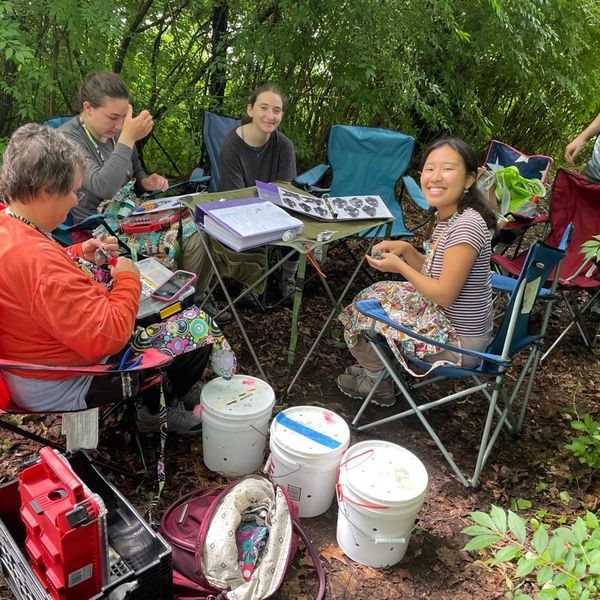From mobile devices to connected home devices, technology is embedded in our lives. Emerging technologies, like generative artificial intelligence, have many benefits for society, but with those innovations come new opportunities for bad actors to disrupt our online activities at home, school, and at work.
According to the latest Cybersecurity Attitudes and Behaviors Report from the National Cybersecurity Alliance (NCA), 84% prioritize online safety. Yet only 38% use unique passwords for their accounts, and only 36% always install software updates—many of which include important security features.
There are simple, effective ways to stay safe online: Update passwords often; use multi-factor authentication whenever possible; and never use the same password for all your accounts—especially for banking. Your banking credentials should always be unique from any other online account.
One more precaution is a good healthy dose of skepticism. Never share personal information with someone you don’t know. Don’t click on any links or attachments in emails or texts you don’t recognize. Delete any suspicious emails or social media ‘friend’ invitations you receive.
But increasingly sophisticated scams – some using artificial intelligence – continue to target older adults. A recent article in Psychology Today showed that older adults’ vulnerability to scams like these can be exacerbated by social, emotional and cognitive problems, and that limited social network size, loneliness and social isolation also increase risk.
One sinister development is the rise in sophisticated ‘vishing’ or ‘voice phishing’ scams.
One sinister development is the rise in sophisticated ‘vishing’ or ‘voice phishing’ scams, in which fraudsters use voice messages or phone calls to trick people into sharing personal information. AI is now making it possible for bad actors to mimic people’s voices and even respond to questions in real-time. Older adults are especially vulnerable to this scam.
If you receive an unexpected call, even from someone you know, always verify their identity through another method like texting or emailing them, and never give out personal information.
Having a conversation with your parents, grandparents or other older adults in your life about recognizing and avoiding cyber threats can be difficult – for you and for them – and even a little intimidating. But it’s critically important, and there is easily accessible help online.
NBT Bank offers online resources for recognizing and avoiding online threats. Other organizations such as NCA, the National Institute on Aging, the National Council on Aging, the federal Consumer Financial Protection Bureau, the FBI, and the American Bar Association have increased their focus on cybersecurity for older adults.
Information is power and armed with resources like these, we can help older adults stay safe and protect them from fraud in an ever-complex digital world.
Terra Carnrike-Granata is Senior Vice President and Senior Director of Information Security at NBT Bank.













Older adults and cybersecurity